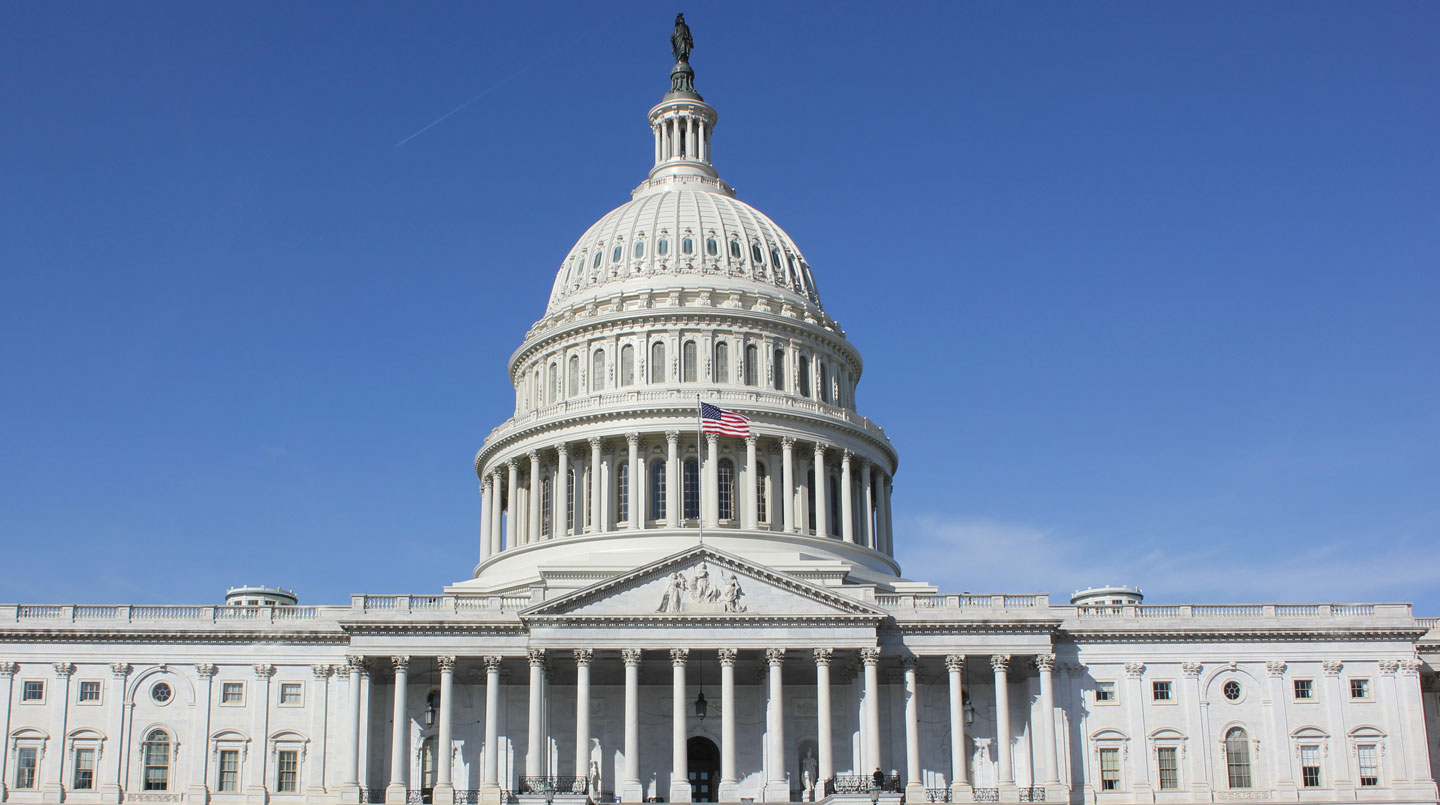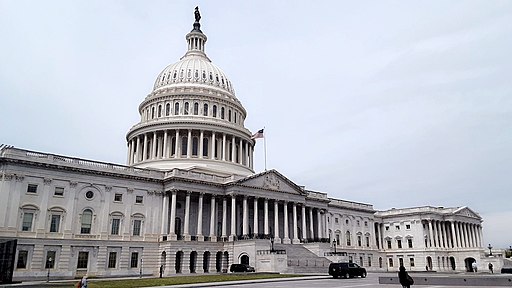Tag: Congress
-
All candidates for Illinois’ 1st Congressional District complete Ballotpedia’s Candidate Connection survey

Both candidates running in the November 8, 2022, general election for Illinois’ 1st Congressional District — Jonathan Jackson (D) and Eric Carlson (R) — completed Ballotpedia’s Candidate Connection survey. These survey responses allow voters to hear directly from candidates about what motivates them to run for office. The outcome of this race will affect the…
-
All candidates for California’s 49th Congressional District complete Ballotpedia’s Candidate Connection survey

Both of the candidates running in the November 8, 2022, general election for California’s 49th Congressional District —incumbent Mike Levin (D) and Brian Maryott (R)— completed Ballotpedia’s Candidate Connection survey. These survey responses allow voters to hear directly from candidates about what motivates them to run for office. The outcome of this race will affect…
-
All candidates for Florida’s 23rd Congressional District complete Ballotpedia’s Candidate Connection survey

All four of the candidates running in the November 8, 2022, general election for Florida’s 23rd Congressional District completed Ballotpedia’s Candidate Connection survey. These survey responses allow voters to hear directly from candidates about what motivates them to run for office. The candidates are Jared Moskowitz (D), Joe Budd (R), Mark Napier (I), and Christine Scott…
-
A rematch of last year’s third-closest U.S. House race taking place this year in CA-27

U.S. Rep. Mike Garcia (R) and Christy Smith (D) are running in the general election for California’s 27th Congressional District on November 8, 2022. Incumbent Judy Chu (D) is running for re-election in California’s 28th Congressional District because of redistricting. In 2020, Garcia defeated Smith in the 25th District by 333 votes, making it the…
-
Incumbent Kim Schrier (D) and Matt Larkin (R) are running in the general election for Washington’s 8th Congressional District

Incumbent Kim Schrier (D) and Matt Larkin (R) are running in the general election for Washington’s 8th Congressional District on November 8, 2022. Schrier, a pediatrician, was first elected in 2018, winning the open seat by a margin of five percentage points. Before that election, Republicans had represented the 8th District since 1983. Schrier was…
-
Ryan defeats Molinaro in New York’s 19th Congressional District special election

Pat Ryan (D) defeated Marc Molinaro (R) in the special election for New York’s 19th Congressional District on Aug. 23, 2022. Ryan received 51% of the vote to Molinaro’s 49%. Former incumbent Antonio Delgado (D) resigned from Congress in May after New York Gov. Kathy Hochul (D) selected him as lieutenant governor. Ryan will serve…
-
Eric Sorensen and Esther Joy King are running for Illinois’ 17th Congressional District on November 8, 2022

Eric Sorensen (D) and Esther Joy King (R) are running in the general election for Illinois’ 17th Congressional District on November 8, 2022. Incumbent Rep. Cheri Bustos (D) is not running for re-election. Sorensen worked as a TV meteorologist in Rockford and the Quad Cities area for nearly 20 years, and this is his first…
-
Harris at 26 tie-breaking votes in the U.S. Senate, most ever cast in a single term

Vice President Kamala Harris (D) cast three tie-breaking votes in the U.S. Senate related to the Inflation Reduction Act. On August 6, she cast a vote to proceed with debate on the bill, and on August 7 she cast votes to approve an amendment and to pass the bill. During her tenure, Harris has also…
-
Brad Finstad (R) wins special election in Minnesota’s 1st Congressional District

Brad Finstad (R) defeated Jeff Ettinger (D) in a special election to fill the seat representing Minnesota’s 1st Congressional District in the U.S. House on Aug. 9, 2022. The special election filled the vacancy left by Jim Hagedorn (R), who died while in office on Feb. 17, 2022. This was the 11th special election to…
-
Indiana Rep. Jackie Walorski killed in car accident

Indiana Rep. Jackie Walorski (R) was killed in a wrong-way vehicle crash on Aug. 3, 2022. Walorski was driving on an Indiana highway with two members of her staff, who were also killed in the crash. Walorski represented Indiana’s 2nd Congressional District. She was first elected in 2012. Prior to serving in the U.S. Congress,…

